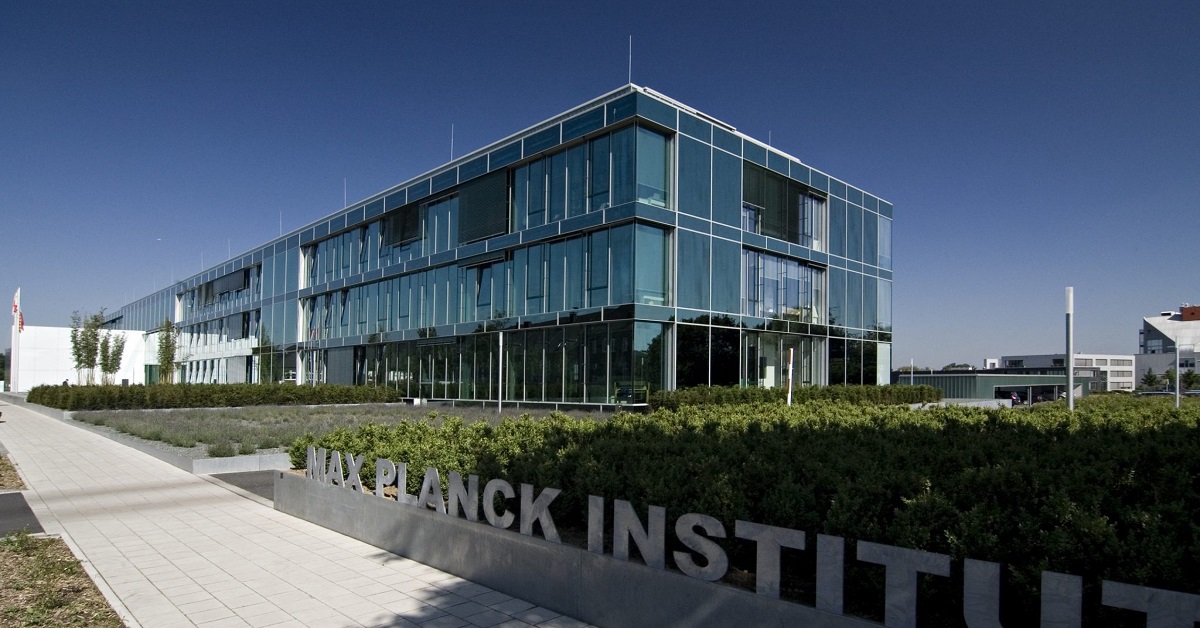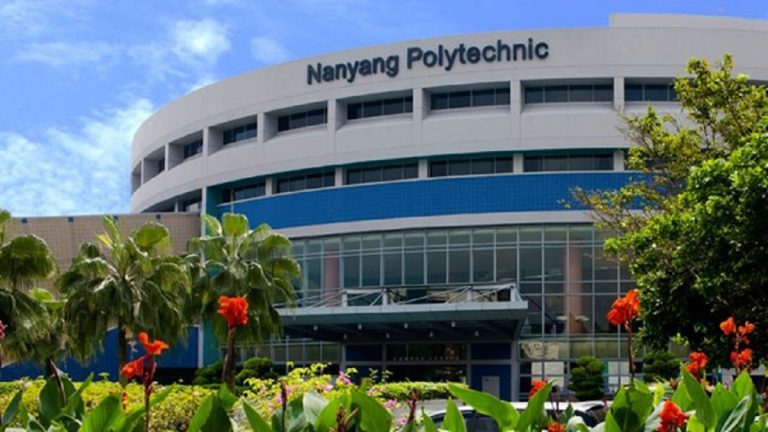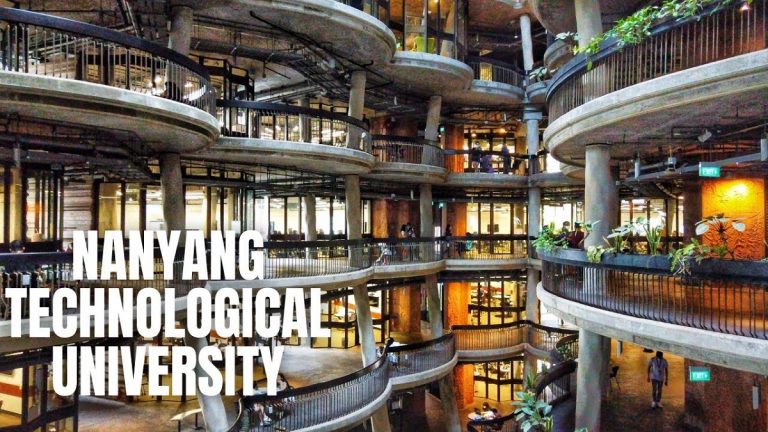
The in-vitro glycoengineering (IVGE) platform consists in the use of different recombinant glycosyltransferases together with the corresponding nucleotide sugars to generate specific glycoforms. The group of synthetic glycobiotechnology at Max Planck Institut of Complex Technical Systems Magdeburg has been working on this platform to produce specific N-glycans using different viral glycoproteins as a start material, such as the SARS-CoV-2 spike and the influenza A hemagglutinin produced in insect cells. To further expand the application of the platform it is necessary to work the modification of the N-glycans from vaccine candidates against filovirus infections, namely from members of the genus Ebola virus and Marburg virus. This is an attractive application of the IVGE that could potentially enhance safety and efficacy by the introduction of the peculiar glycosylation αGal3 epitope. The master project will involve the IVGE of the vaccine candidate subunits and to further supply our collaborator with the glycoengineered molecules for the subsequent assessment in animal trials. The project includes working packages in the fields of upstream and downstream processes as well as glycoanalytics, the master thesis project is set up as very interdisciplinary. For this purpose, we are seeking a highly-motivated candidate with excellent basic knowledge of biotechnology and interest in the expression of recombinant proteins and also in the glycoanalytic field.
The working packages are
- Characterize the glycosylation of the vaccine candidate subunits.
- Production of glycosyltransferases in insect cells.
- Protein purification using various chromatographic methods
- IVGE of the vaccine candidate subunits to fully galactosylated glycoforms and introduction of the αGal3 epitope (Galili epitope) and analytical analysis using capillary gel electrophoresis with laser-induced fluorescence (xCGE-LIF)
The candidates will have the opportunity to work on key technologies and state-of-the-art equipment in an international group of young and aspiring researchers.
Requirements
- Be currently affiliated to a Master’s degree program in a German or European Union University.
- Background in Biotechnology, Technical Biology, Bioprocess Engineering, Process Engineering, Chemical Engineering
- Good experience of lab works and excellent aseptic technique in cell culture, ideally, experience with one of the following techniques: protein expression, affinity chromatography and protein analysis.
- Highly meticulous and precise.
- Motivation, curiosity, proactive and teamwork skills
We offer
- Exciting research projects and the opportunity to develop key technologies
- First-class supervision and thorough training by our staff
- Gaining valuable theoretical and practical skills in the fields of protein expression, protein analysis ad well as N-glycan analysis.
- Training on state-of-the-art equipment for biotechnological research and development
- Acquisition of expertise in a key technology of the future
Please note that the position is not paid, since at this time we are not able to offer HiWi positions. The project timeline is considered to last 6 months.
Application
Please send your application in English and include your CV, cover letter, and transcript of records to the contact mentioned below.
The Max Planck Society strives for gender equality and diversity. We, therefore, welcome applications from all backgrounds. Furthermore, the Max Planck Society is committed to increasing the number of individuals with disabilities in its workforce and therefore encourages applications from such qualified individuals.
Start
December 2023
Contact
Karim Jaen, M.Sc.
[email protected]
Please note the information regarding the storage of personal data.



